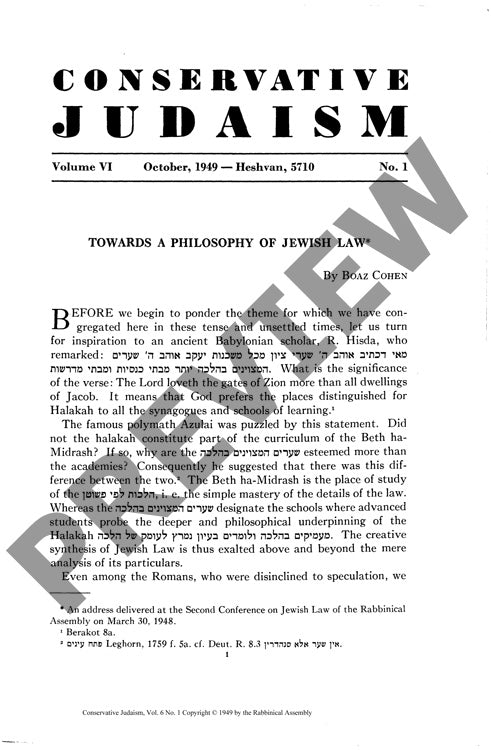Towards a Philosophy of Jewish Law
Couldn't load pickup availability
Jewish law's reputation for rigidity masks a sophisticated system of legal evolution that allowed ancient rabbis to address changing societal needs while maintaining scriptural authority. Through analysis of Talmudic sources and comparative jurisprudence, this research reveals how rabbinical authorities navigated the fundamental tension between unchangeable divine law and necessary legal adaptation. The investigation centers on three key mechanisms of legal development—legal fiction, equity, and legislation—while examining the interplay between *peshat* (literal interpretation) and broader hermeneutical principles. Primary source analysis demonstrates that rabbis maintained theoretical fidelity to immutable Mosaic law while employing nuanced interpretive techniques to meet contemporary challenges. Their careful distinction between written law (*Torah she-bikhtav*) and oral tradition (*Torah she-be'al peh*) created pathways for legal evolution without compromising scriptural authority. Case studies, including the *Lex Talionis*, illuminate how moral and practical considerations shaped legal interpretation despite apparent textual limitations. These historical patterns of adaptation suggest that Conservative Judaism must develop a comprehensive legal philosophy that bridges traditional authority with contemporary needs, maintaining connection to foundational principles while addressing modern challenges in Jewish religious observance and legal practice.

More Information
-
Physical Description
-
Publication Information
Published 1949
ISBN
-
Publication Credits
Boaz Cohen

